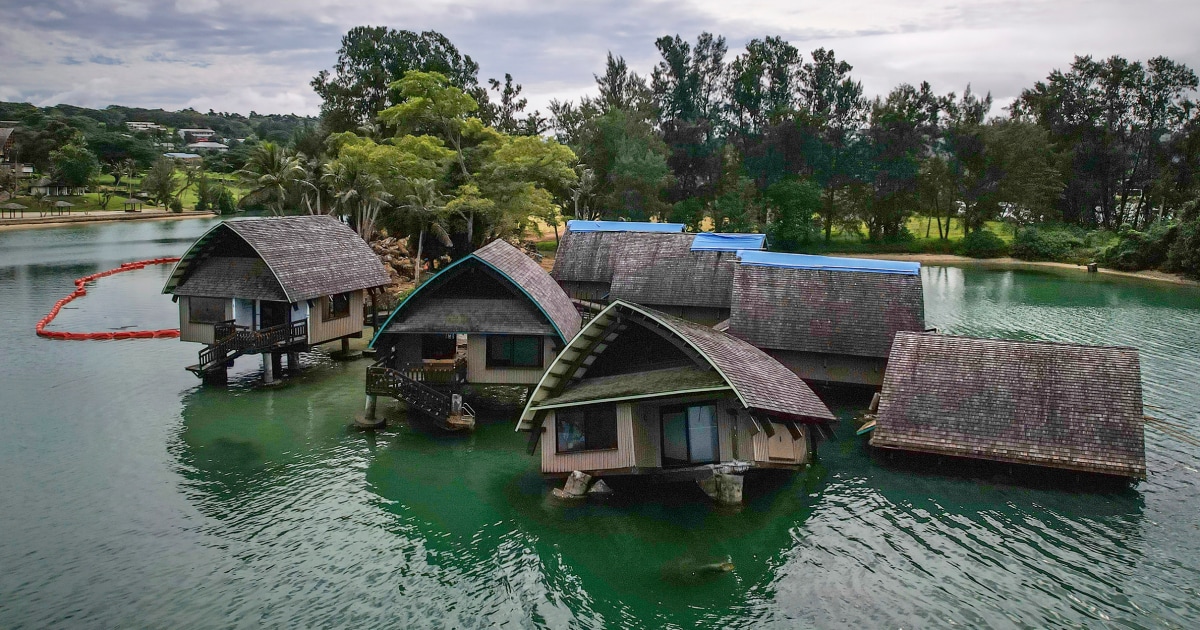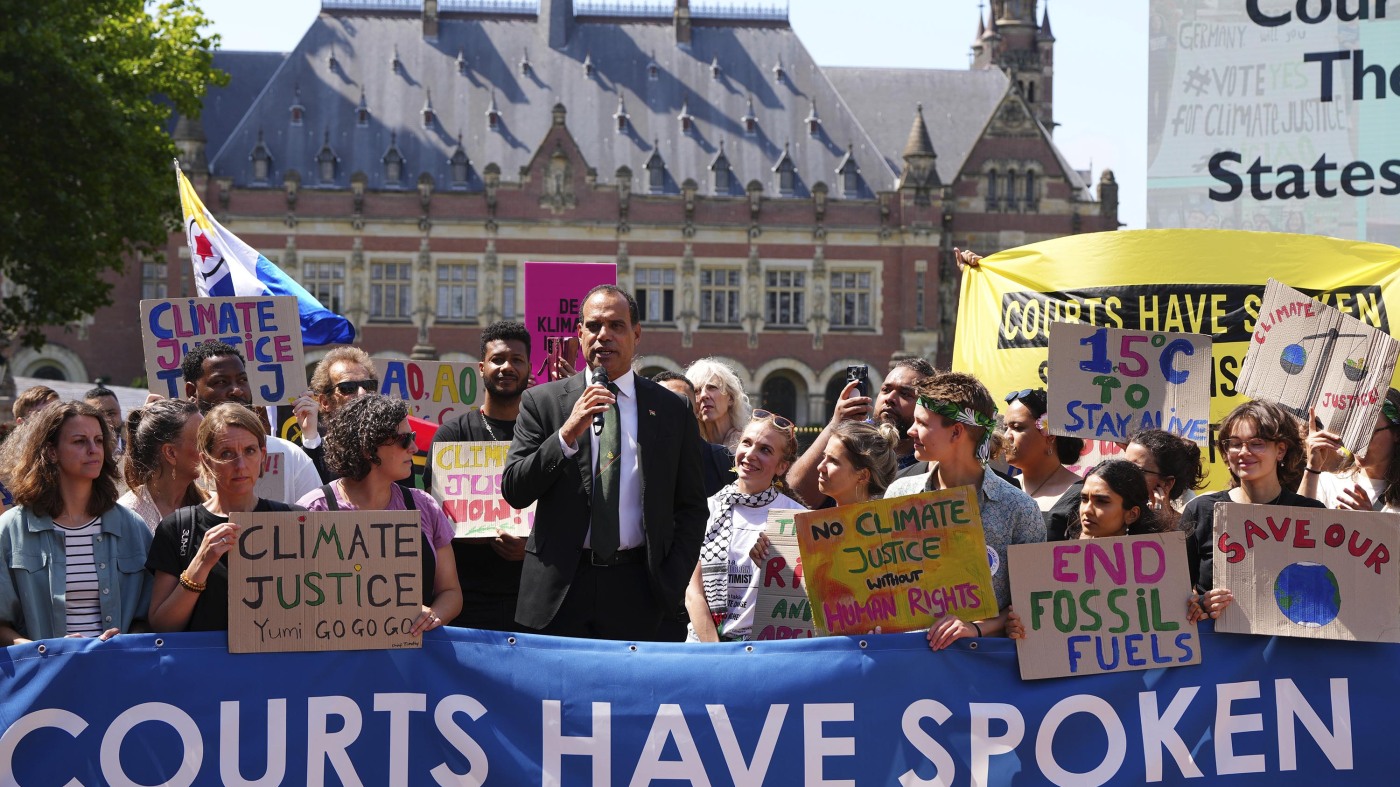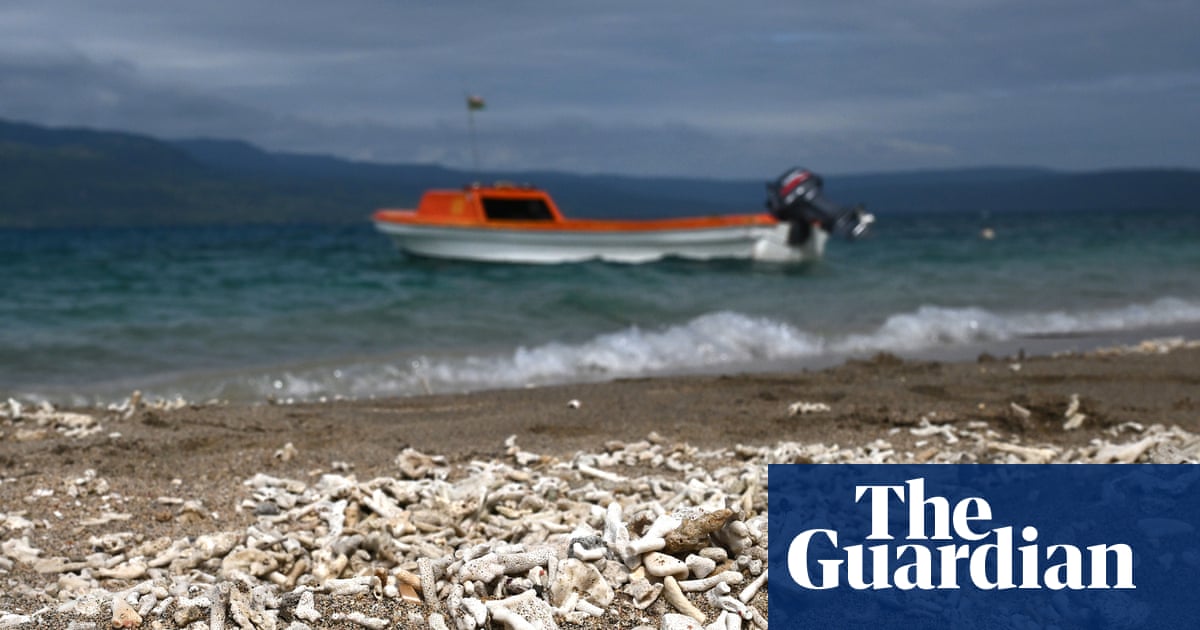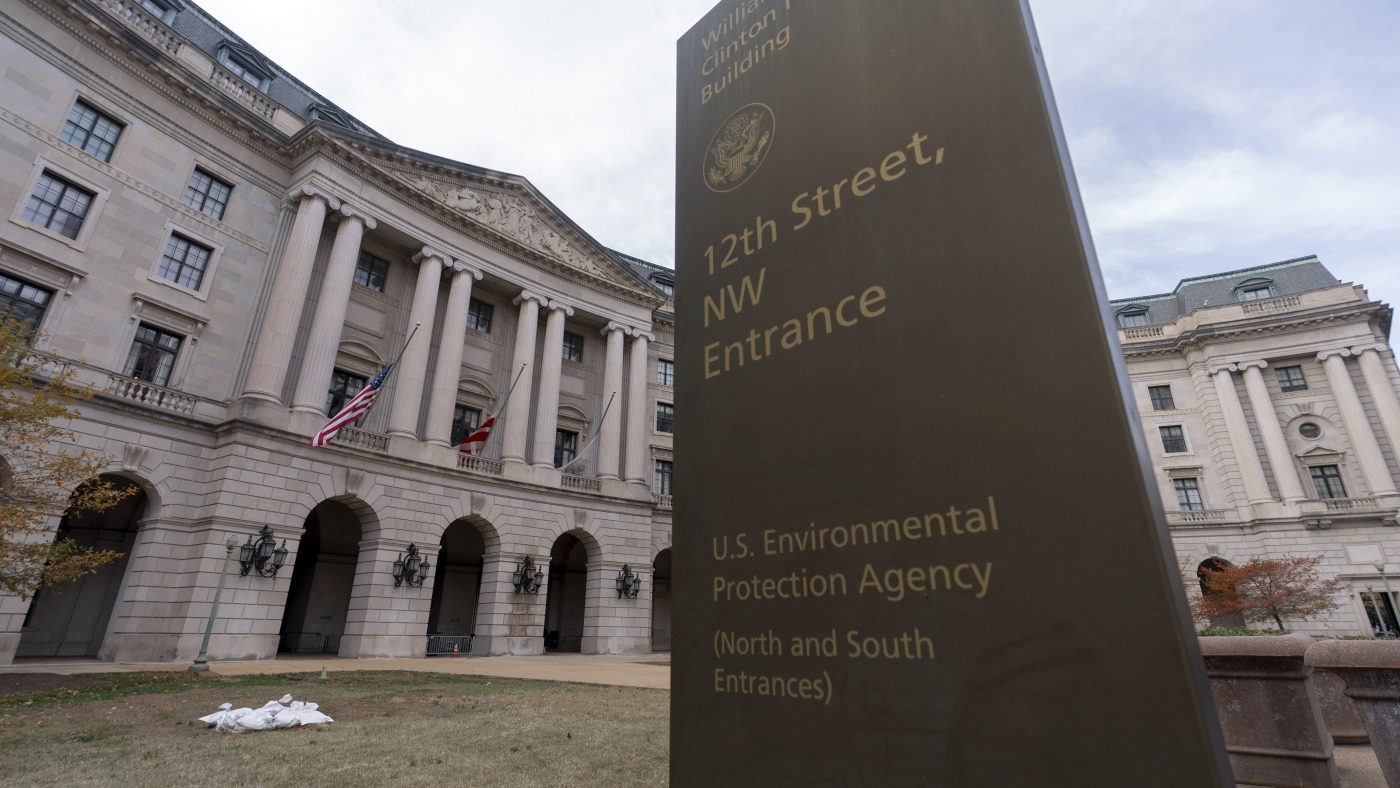T4K3.news
Vanuatu seeks opinion from International Court about climate change
The country aims to clarify global legal responsibilities in addressing climate issues.

Vanuatu aims for a legal opinion on global climate obligations to protect its future.
Vanuatu seeks justice at the International Court to combat climate change
Vanuatu has turned to the International Court of Justice for an advisory opinion concerning the legal responsibilities of nations in addressing climate change. This move comes as small island nations like Vanuatu face mounting climate-related disasters that threaten their existence. The expected opinion will not be legally binding but might serve to set a framework for future accountability of major polluters. Vanuatu's efforts are underscored by a history of frustration with international agreements that fail to match scientific findings on necessary climate action. Meanwhile, the impacts of climate change are evident: schools are disrupted, food security is jeopardized, and entire communities contemplate relocation as their homes are increasingly inundated by rising seas and extreme weather events. Vanuatu's situation highlights broader issues regarding environmental justice and the urgent need for protective measures for vulnerable populations.
Key Takeaways
"The agreements being made at an international level between states are not moving fast enough."
Ralph Regenvanu emphasizes the urgency for effective climate action.
"These disasters are happening over and over again. It’s pushing our communities to their limits."
Vomboe Shem highlights the recurring impacts of climate disasters on Vanuatu.
"Vanuatu’s environment is quite fragile by its inherent nature..."
Christina Shaw discusses the compound challenges Vanuatu faces beyond climate change.
"We have to keep fighting till the last bit."
Ralph Regenvanu underlines Vanuatu's relentless pursuit of justice regarding climate change.
Vanuatu's appeal to the International Court of Justice reflects a significant moment in the global response to climate change. As the threats escalate, small nations seek legal recourse in an international system often dominated by larger, more polluting countries. Ralph Regenvanu's comments about the slow pace of international agreements reveal a critical tension: while scientific evidence cries out for immediate action, political processes lag behind, leaving vulnerable communities in precarious positions. This initiative could pave the way for a new understanding of human and environmental rights under international law, emphasizing that protecting lives and ecosystems should take precedence over political inertia.
Highlights
- Justice for Vanuatu means holding polluters accountable.
- Our children learn about climate change through a lack of classrooms.
- Relocation is not just a choice; it's a survival decision.
- Climate change is not theory; it’s our daily reality.
Vanuatu faces serious risks due to climate change
Vanuatu's ongoing fight against climate change represents a significant risk for its population and future. As natural disasters increase, the need for substantial actions and funding becomes more critical. The push for legal acknowledgment may invite backlash from industrialized nations that contribute to climate change.
Vanuatu's determination represents a growing insistence on global accountability regarding climate change.
Enjoyed this? Let your friends know!
Related News

ICJ ruling could empower climate reparations

UN court allows legal actions for climate change damages

ICJ rules on climate inaction and international law

Nations must act on climate or face legal repercussions

UN court recognizes clean environment as a human right

World court issues landmark ruling on climate responsibility

France and U.K. to recognize Palestinian state

Trump administration files to revoke EPA greenhouse gas finding
